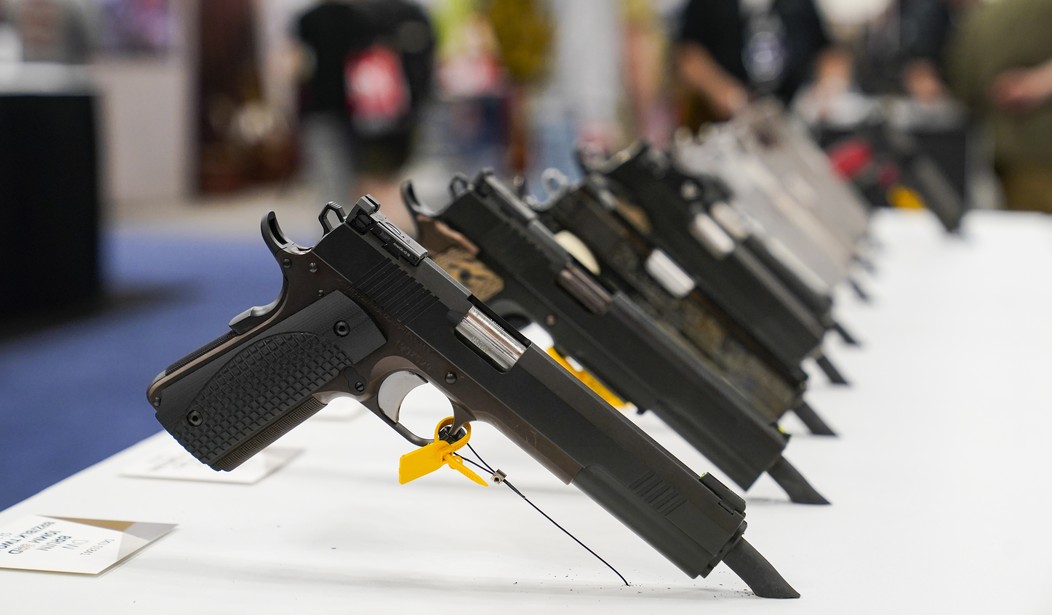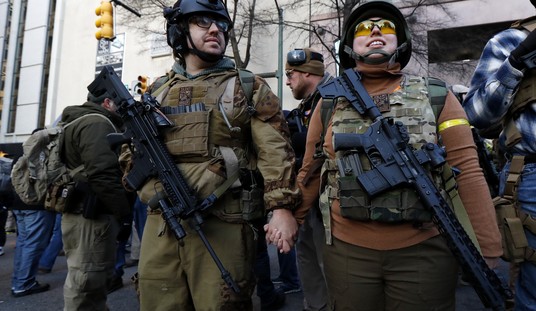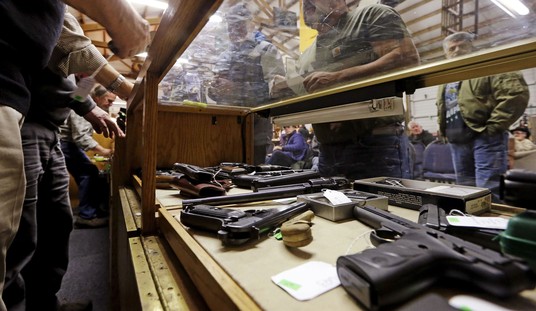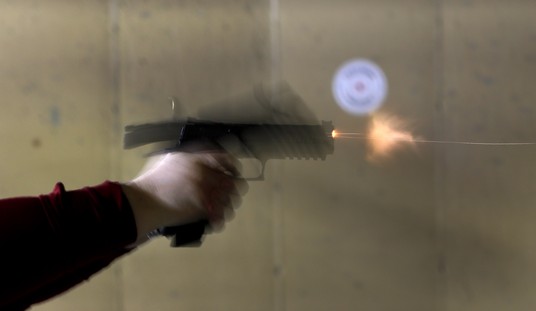The National Rifle Association has long graded politicians based on their stance on gun rights and gun control. This makes sense. Does the politician in question favor gun rights or infringements of basic civil liberty? People on both sides of the debate have openly bragged about their NRA grades over the years.
This works because it's a binary thing. You either support a given law or you don't. Where you stand gets factored in and an overall picture emerges, which goes into the grade.
But some elected officials are bragging about a different grade. This is the grade issued by Everytown for Gun Safety for various states. Basically, the more anti-gun a state goes, the more Everytown celebrates them.
However, the NRA decided to take a shot at their ratings system.
Let's take a look at some of the points they raised, for a moment.
- By establishing its own parameters, Everytown can bias laws to achieve its desired results.
A closer look at the Everytown “study” reveals that those analyzing the data arbitrarily assign different gun-control schemes a varying number of points based on how “important” they deem them to be. For instance, the “Level 1” gun laws, worth up to six points each, include state background checks and/or purchase permits, red-flag laws, a lack of stand-your-ground laws and a requirement for a concealed-carry permit.
“This discretion allows a lot of possible data manipulation,” said Lott. “You can exclude or include what laws to use in constructing your score based on how it is correlated with homicides or suicides.”
In other words, they can favor particular laws over others as a way to potentially manipulate lawmakers into favoring those laws.
Yet, as noted, this is pretty arbitrary. If Everytown were to suddenly decide stand-your-ground laws weren't nearly as important as, say, an assault weapon ban, a state could actually go down in ranking without a single law changing.
That would make it look to others as if the state was suddenly more pro-gun than it actually is.
Granted, I don't see how that would happen--most states without stand-your-ground laws likely already ban so-called assault weapons, but I'm positing a hypothetical here--but the fact that it could suggests there's a flaw with the methodology.
- The results don’t consistently reflect Everytown’s premise of more gun laws, less crime.
Everytown’s rankings just don’t add up. Colorado is ranked number 12 in the nation for “gun law strength,” placing it at the top of Everytown’s “Making Progress” category. But its “gun violence” rate of 16.7% is higher than all the states in the “Missing Key Laws” category except one, and was higher than 6 of the 10 states identified as having “Weak Systems,” including Texas, and higher than three of the states identified as “National Failures.”
New Mexico reflects the same trend, with the 16th highest in “gun law strength” but the fourth highest gun violence rate. On the other hand, New Hampshire was ranked 38th for “gun law strength,” but had a “gun violence rate” lower than 42 other states!
Now, this isn't surprising to anyone who has actually looked at the issue in any depth.
The rankings Everytown uses is only above gun laws, not their efficacy, which makes a certain degree of sense, except that those laws are all premised on the idea that gun control reduces crime; that it's the key step that we need to take to reduce violent crime.
Yet so many states with poor Everytown grades are safer than states with good grades.
That's because violence isn't simple. It's not as if firearms are cursed items from a fantasy story that drive the owner to acts of evil. Making it harder for law-abiding people to get them doesn't impact violent crime because criminals aren't obtaining them via those mechanisms in the first place.
But Everytown's grades aren't about whether they work, which is pretty damn telling.
Go check out the other arguments. They're good and they'll come in handy later on when someone tries to throw those grades around as if they matter.








Join the conversation as a VIP Member